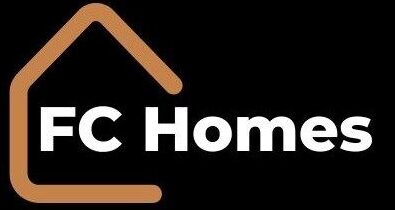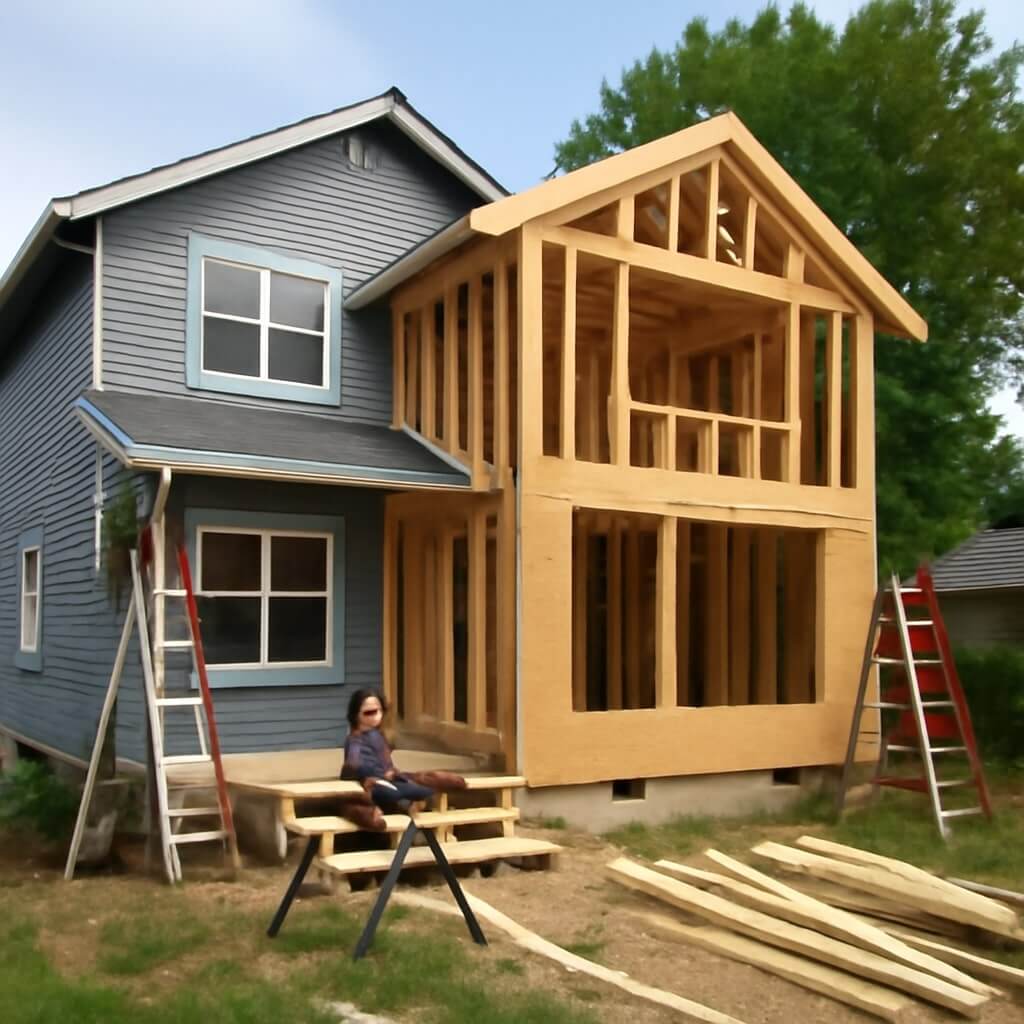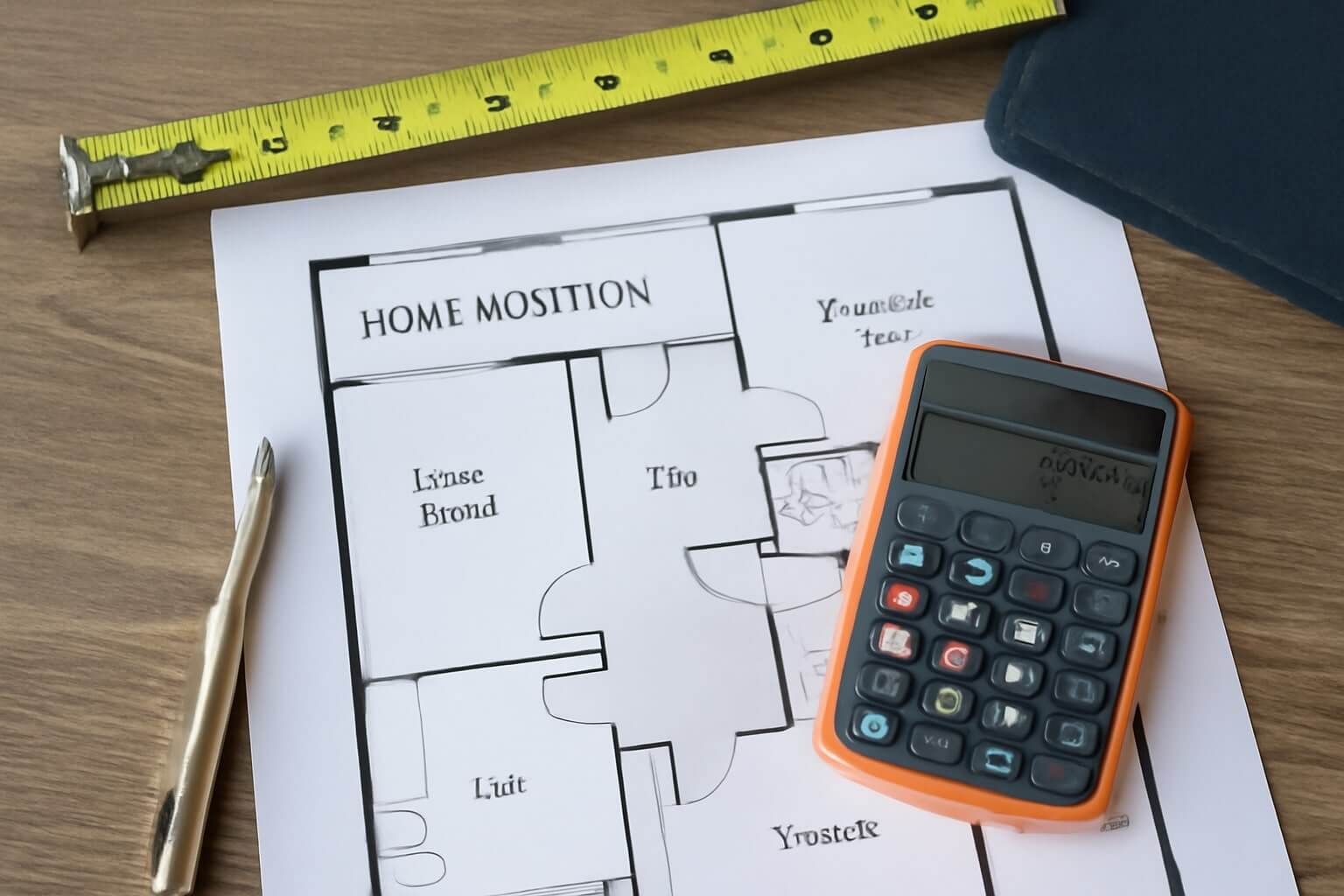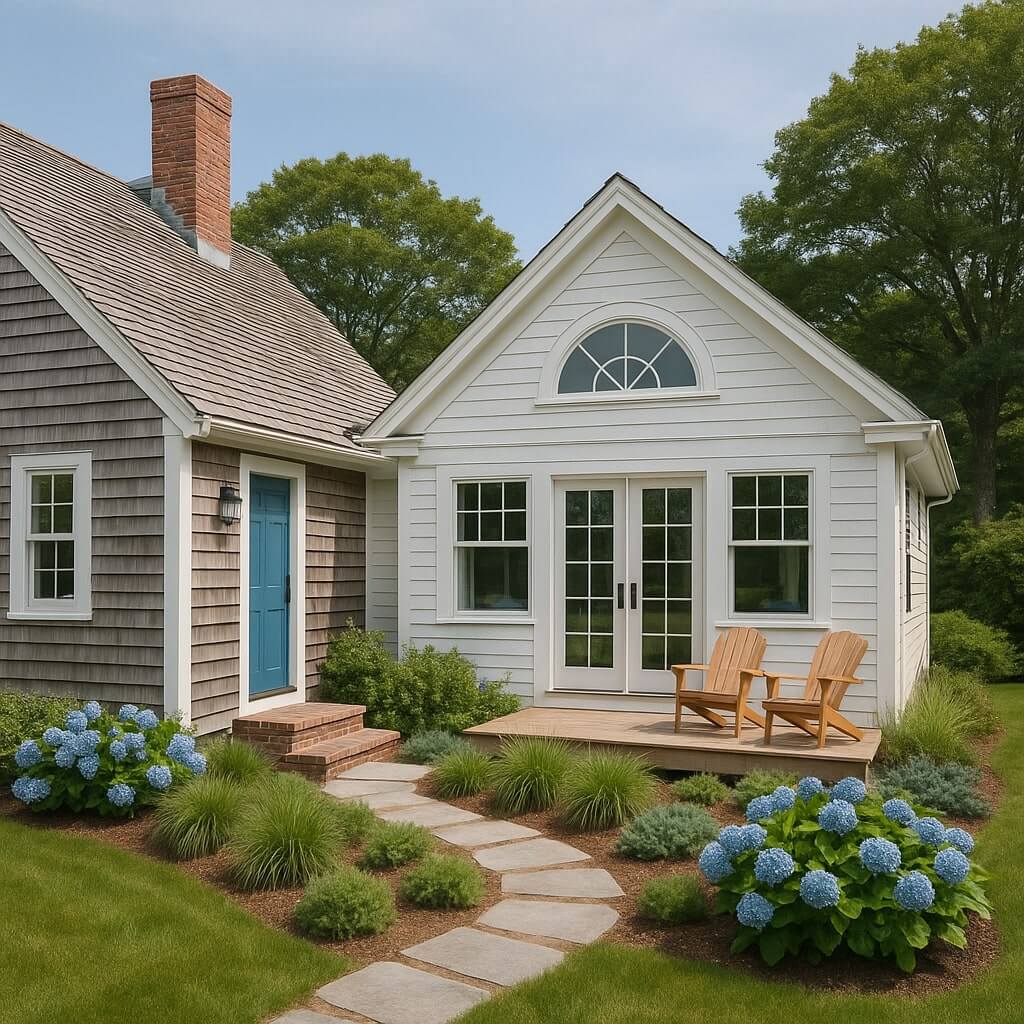If you’re considering a home addition in Chicago, you should understand the Self Certified Program. This initiative allows licensed architects and engineers to expedite the approval process, but it comes with specific eligibility requirements. Knowing the benefits and navigation steps can greatly impact your project’s timeline and costs. However, before you proceed, there are several key considerations to keep in mind that could influence the success of your addition.
Key Takeaways
- The Self Certified Program expedites approval for home additions by allowing certified architects and engineers to certify design compliance with local building codes.
- Participants must have a valid Illinois license, relevant experience, and complete the city’s self-certification training program.
- Benefits include cost savings, faster construction timelines, and improved communication among architects, homeowners, and city officials.
- The application process requires detailed documentation, adherence to guidelines, and scheduling inspections with designated officials.
- Key considerations for home additions include design trends, budget planning, and balancing aspirations with financial feasibility.
Understanding the Self Certified Program
The Self Certified Program in Chicago allows qualified architects and engineers to expedite the approval process for home additions by certifying that their designs comply with local building codes.
This program overview highlights how self certification streamlines the permitting process, reducing delays and enhancing project efficiency.
By taking responsibility for code compliance, professionals can quickly submit plans, bypassing traditional review timelines.
This initiative encourages accountability and encourages skilled practitioners to guarantee their designs meet safety and regulatory standards.
Ultimately, the Self Certified Program not only benefits design professionals but also homeowners seeking timely approvals for their home improvement projects.
Eligibility Requirements for Participation
To participate in Chicago’s Self Certified Program, architects and engineers must meet specific eligibility requirements that confirm their qualifications align with the program’s standards.
Understanding the application criteria is essential for guaranteeing your project types qualify for this expedited process. Here are the key requirements:
Understanding the application criteria is crucial for ensuring your projects qualify for expedited processing.
- Licensed Professional: You must hold a valid Illinois architectural or engineering license.
- Experience: Demonstrate substantial experience in managing relevant project types, particularly home additions.
- Training: Complete the city’s self-certification training program to stay updated on regulations and requirements.
Meeting these criteria guarantees a smooth application process and successful participation.
Benefits of the Self Certified Program
Participating in Chicago’s Self Certified Program offers several advantages that streamline the process of home additions.
One significant benefit is cost savings; you can reduce expenses associated with lengthy permit reviews and inspections.
Additionally, the program allows for expedited timelines, enabling you to start construction sooner and minimize delays.
Since you’re working with a certified architect, you gain access to their expertise, ensuring compliance with city codes while avoiding common pitfalls.
This not only enhances project efficiency but also fosters a smoother communication channel between you, the architect, and the city, creating an overall more manageable experience for your home addition.
Steps to Navigate the Process
Maneuvering the process of Chicago’s Self Certified Program for home additions involves several key steps that guarantee a smooth experience.
To effectively manage your application process and maintain your project timeline, follow these steps:
- Prepare Documentation: Gather all necessary documents, including architectural plans and structural calculations.
- Submit Application: Complete and submit your application along with the required fees, ensuring you meet all guidelines.
- Schedule Inspections: Coordinate inspections with the designated officials to confirm compliance and progress throughout the project.
Key Considerations for Your Home Addition
When planning a home addition, it’s vital to contemplate various factors that can impact both the design and execution of your project.
Start by researching current design trends to guarantee your addition complements your existing home and meets market expectations. Consider how these trends affect your overall aesthetic and functionality.
Next, effective budget planning is essential; account for materials, labor, and potential unexpected costs. Prioritize features that align with your lifestyle while remaining financially feasible.
Balancing design aspirations with budget constraints will help you create a successful addition that enhances your home and adds value in the long run.
Conclusion
In conclusion, Chicago’s Self Certified Program streamlines the process for home additions, offering significant advantages for homeowners. By working with eligible architects and engineers, you can benefit from faster approvals and enhanced communication. Remember to stay informed about design trends and budget considerations to maximize your property’s value. With careful planning and the right professionals, your home addition can be a seamless and rewarding experience, elevating both functionality and aesthetics.




